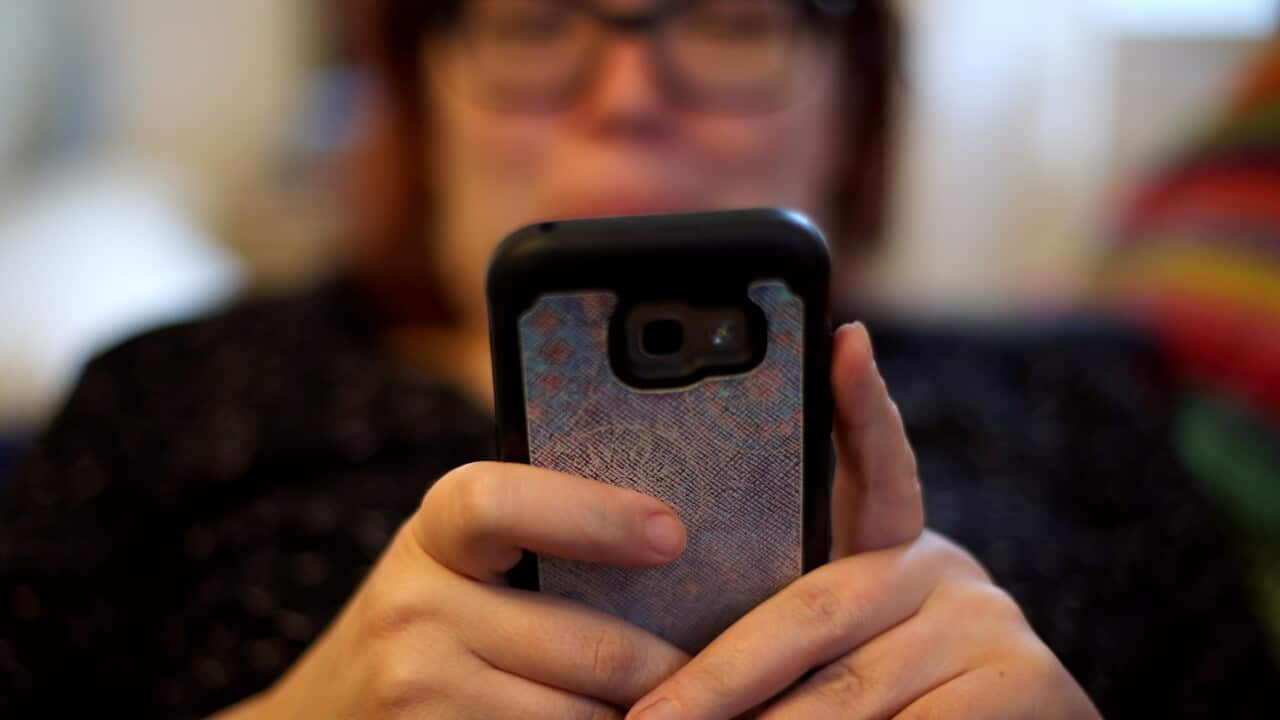Key Points
- Between April and June of this year, 1,962 people reported being scammed on social media.
- At the same time, emails and scam websites accounted for another 2,018 scams in which people lost money.
- While fewer individuals were scammed through a telephone call, on average, those who were, lost greater amounts.
Australians are most likely to get scammed via social media.
Having recorded more than $64.2 million in losses from people scammed through social media so far this year, the National Anti-Scam Centre (NASC) is warning Australians to be cautious when being contacted on social media.
Data from the centre reveals more than 6,000 Australians are recorded as having been fooled into giving money to scammers they have been contacted by, through social media so far this year.
More likely to be scammed
NASC, which operates Scamwatch, a service that compiles reports of scams operating in Australia has found scammers are increasingly gaining financial profits through using fake or hijacked profiles on social media, messaging platforms and apps to steal money and personal information.
A recently released quarterly update detailing scams that have targeted Australians showed while far more scam text messages, emails and phone calls were recorded than social media based scams, it was the latter which Australians most often fell for.
Between April and June of this year, 1,962 people reported losing money to such scams and total of 4,350 contacts via social media were recorded.
Second to those contacted via social media, were those who lost money to scam websites, with 1,110 individuals being scammed a total of $5.8 million.
NASC's report on the second quarter of 2024 said its data "may indicate that social media scams and scam websites are harder for people to identify as a scam, leading to a higher proportion of people who report losing money compared to other contact types."
Text, telephone call and email scams
While social media scammers appear to be duping more Australians, scammers who make phone calls are managing to squeeze more money out out of the individuals they do manage to scam.
Losses from 588 scam telephone calls totalled $23.9 million in the quarter.
More than 10,000 scam phone calls were reported to Scamwatch in addition to 32,091 text messages and 22,770 emails.
The National Anti-Scam Centre warned people scammers on social media may offer a way to "make quick, easy money with little risk or effort."
This could be through something like an offer of a job that requires payment for training, an invitation to enter a competition or a limited time offer saying they will buy something you're selling for a high price without seeing it first.

If someone makes contact on social media about an item you are selling that sounds too good to be true, it may be a scam. Source: Getty / Cavan Images
"Research profiles to see how long they have been online, how many followers they have, and what kind of activity they have.
"Be careful if anyone makes a job offer without an interview. Research the recruiter or agency making the offer."
Be wary of scammers on social media
The centre also advises people properly research any investment opportunities proposed via social media and advises against people ever sending any money or personal details to someone you have only met online.
Social media provides an looking to use specific tactics to trick people into handing over money.

While fewer Australians are scammed via someone calling them on the phone than through social media, those who are, often lose larger amounts of money. Source: Getty / Diy13
The centre took down more than 200 job scam websites in the three months leading up to December.
Scammers may also use social media to deceive people into sharing personal information, which they then use to target individuals through other scams.
"You are contacted on social media or messaged by someone you don’t already know. The scammer pretends to be a friend or romantic interest, a financial advisor, or a business offering an employment opportunity," the National Anti-Scam Centre has warned.
"They learn a lot about you from what you share on social media and deceive you into sharing personal information."
More than $292.5 billion has been scammed from Australians so far in 2024.


